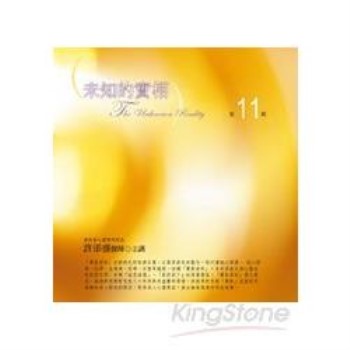The National Pastime offers baseball history available nowhere else. Each fall this publication from the Society for American Baseball Research (SABR) explores baseball history with fresh and often surprising views of past players, teams, and events. Drawn from the research efforts of more than 6,700 SABR members, The National Pastime establishes an accurate, lively, and entertaining historical record of baseball.
A Note from the Editor, Robert L. Tiemann
Baseball intrigues its followers on many different levels. Its statistics lend themselves to endless interpretations and speculations, spawning SABRmetrics, the Baseball Research Journal and numerous offspring. In this journal we examine not the statistics but the lives and careers of players and teams of the past and them game and times in which they performed.
In an uncertain and changing world, there is comfort in the timeless patterns of baseball. When a team like the Hitless Wonders can upset an apparently invincible squad like the 1906 Cubs, underdogs can forever take heart. And with the right formula and attitude, surprise teams like the 1894 Orioles and 1961 Reds can leap from the second division to the pennant. Whole communities can come together in support of the local ballclub in times of need, as happened in Amsterdam, N.Y., in 1942, but the pressures of the pennant race can also cause some performers to do strange things, like Flint Rhem's allegations of kidnapping in 1930. Promising youngsters like Christy Mathewson and Rube Waddell often struggle before emerging as stars, while proven performers like Hack Miller may find their careers derailed by changing managerial strategy. But even after their fabled skills have faded, some old heroes are able to stay in the game as managers, executives, or, like Harry Heilmann, as broadcasters.
Although baseball's continuity is vital in explaining its stature as our national pastime, the game is constantly, if subtly, changing. It took pioneers like Dickey Pearce to define how the game is played both on offense and defense. And an examination of the 1901 Boston Americans reveals differences in nearly all aspects of the game. Yet not all apparent innovations are new. Indeed, the first midget pinch-hitter was used in 1905, not 1951 as generally believed.
At its best baseball teachers us larger lessons of life. Batboys take their clubhouse experiences into the outside world with a greater understanding of humanity. And one former batboy and amateur club organizer had gone on to world renown as an historian of the game. Bobo Newsom's brilliance in the face of personal tragedy in 1940 aroused the admiration of the entire nation, not just that of the fans. Andy Cohen and Jackie Robinson had to overcome social prejudices as well as the normal pressures to establish themselves as big league performers.











